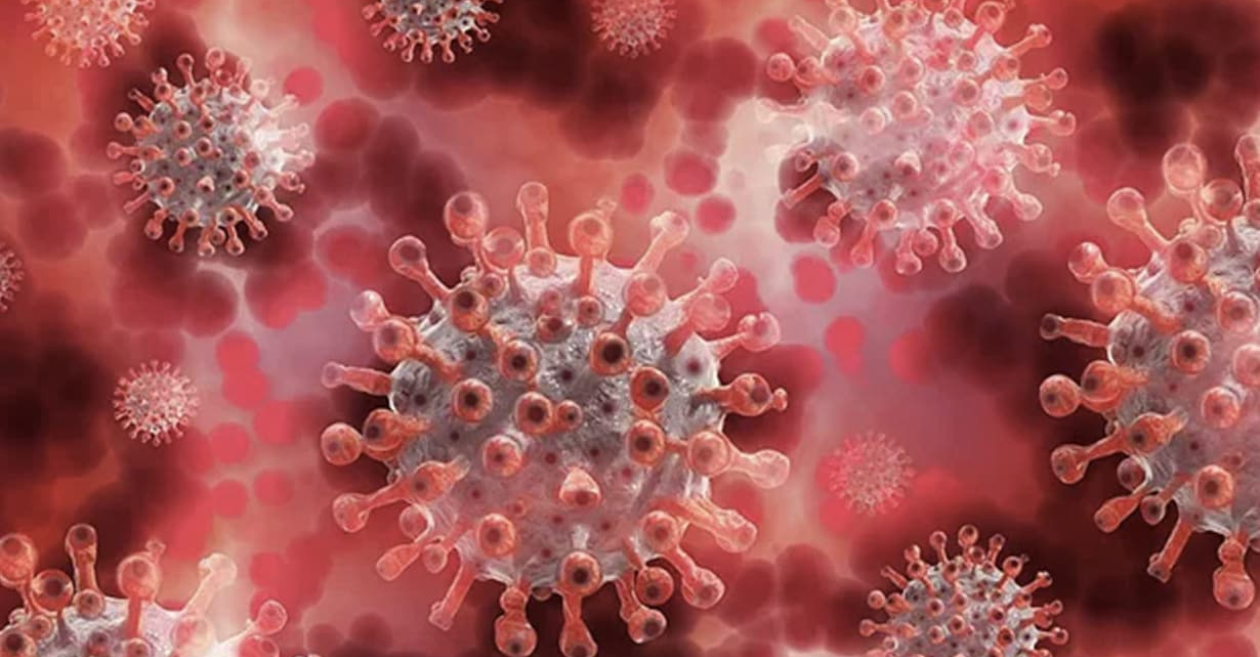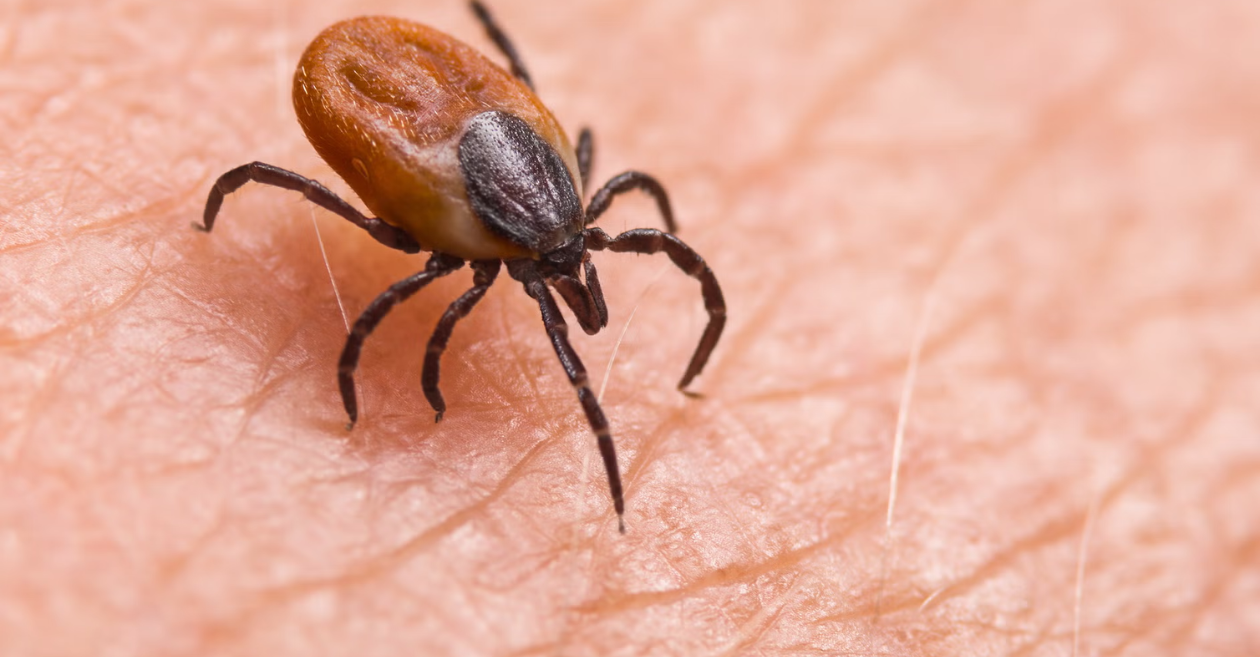


Respiratory Syncytial Virus (RSV) is a formidable foe, particularly for infants and the elderly. As concerned individuals, parents, and caregivers, the question that echoes is: Is there a cure for RSV? Let's delve into the depths of medical research and breakthroughs to decipher the possibilities.
Before we unlock the potential cures, let's comprehend the enemy. RSV is a common virus that causes mild, cold-like symptoms in adults and older children. However, in infants and those with weakened immune systems, it can lead to severe respiratory issues. The gravity of RSV is not to be underestimated.
Supportive Care: At present, there's no specific antiviral medication for RSV. Medical professionals primarily focus on providing supportive care to manage symptoms.
Hospitalization: Severe cases often require hospitalization, especially for infants. Oxygen therapy and, in extreme cases, mechanical ventilation become crucial.
Antiviral Medications: Researchers are actively working on antiviral drugs that specifically target RSV. Some promising candidates are in clinical trials, showing potential in reducing the severity and duration of RSV infections.
Monoclonal Antibodies: These laboratory-made molecules are designed to mimic the immune system's ability to fight off harmful pathogens. Recent studies suggest that monoclonal antibodies might hold the key to combatting RSV effectively.
Vaccines: Vaccine development is a beacon of hope. Several RSV vaccines are undergoing clinical trials, aiming to prevent severe RSV infections, especially in high-risk populations like infants and the elderly.
| Stage of Development | Number of Trials |
| Antiviral Medications | 12 |
| Monoclonal Antibodies | 8 |
| RSV Vaccines | 15 |
Diversity of Strains: RSV exists in multiple strains, making it challenging to create a one-size-fits-all solution.
Vulnerable Demographics: Infants and the elderly, the most vulnerable groups, respond differently to treatments. Tailoring cures for these demographics poses a unique set of challenges.
Mutability: Like many viruses, RSV can mutate, potentially evading drugs or vaccines. This mutability underscores the need for adaptable and dynamic solutions.
The arduous journey toward finding a cure for RSV is marked by setbacks and successes. While challenges persist, the relentless pursuit of solutions gives hope. With ongoing research, promising clinical trials, and a deepened understanding of the virus, we inch closer to a breakthrough.
Hand Hygiene: Regular handwashing is a simple yet effective preventive measure.
Avoiding Close Contact: Minimizing close contact with sick individuals, especially during RSV season, can reduce the risk of transmission.
Vaccination: For those eligible, getting vaccinated against preventable respiratory infections indirectly contributes to RSV prevention.
The question lingers – is there a cure for RSV? While a definitive cure remains elusive, the landscape is evolving. Researchers, healthcare professionals, and the pharmaceutical industry are collaborating to unravel the mysteries of RSV. As we await breakthroughs, our collective efforts in prevention, support, and awareness can be the first line of defense against this silent adversary. Stay informed, stay vigilant, and let's march forward in the battle against RSV.
As of now, there is no specific cure for Respiratory Syncytial Virus (RSV). Medical professionals primarily provide supportive care to manage symptoms, especially in severe cases that may require hospitalization.
Currently, there are 12 ongoing clinical trials focused on developing antiviral medications for RSV. These medications aim to specifically target the virus, potentially reducing the severity and duration of RSV infections.
Yes, several monoclonal antibodies are showing promise in combating RSV. These laboratory-made molecules mimic the immune system's ability to fight off the virus and are currently undergoing testing in clinical trials.
There are 15 ongoing clinical trials for RSV vaccines. The goal is to develop vaccines that can prevent severe RSV infections, especially in high-risk populations such as infants and the elderly.
Challenges include the diversity of RSV strains, the unique responses of vulnerable demographics like infants and the elderly, and the virus's mutability. Researchers are actively addressing these challenges to create effective and adaptable solutions.

Looking to shed some extra pounds? Op

Alzheimer's is like an unwanted visit

In the expansive realm of healthcare,

Disease X is a mysterious term in the

Anxiety is a feeling of fear, dread,

In the realm of health, few challenge
Trash to treasure: How Google thinks
Spring Fashion Show at the University
Matter of Impact: April updates from
Android Enterprise security delivers
We are not gonna make spamming
Copyright By@TheWebTrends - 2023
BACK TO TOP